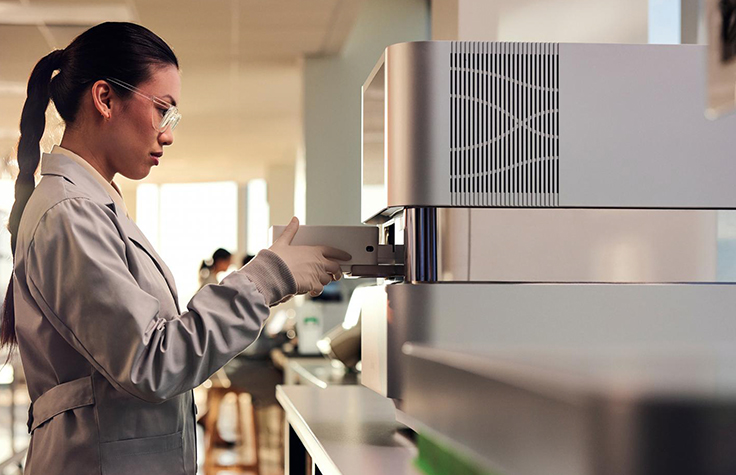Hello everyone.
We are dealing with RNA-Seq of bacteria.
So far, we were using HiSeq2000/2500... with V3 chemistry. But recently the genomic platform has the HiSeq4000 available... which runs with V4 chemistry.
Can anyone explain me briefly what is the difference between both chemistries?
Can V4 be used in HiSeq2000?
Thank you ni advance
We are dealing with RNA-Seq of bacteria.
So far, we were using HiSeq2000/2500... with V3 chemistry. But recently the genomic platform has the HiSeq4000 available... which runs with V4 chemistry.
Can anyone explain me briefly what is the difference between both chemistries?

Can V4 be used in HiSeq2000?
Thank you ni advance


Comment